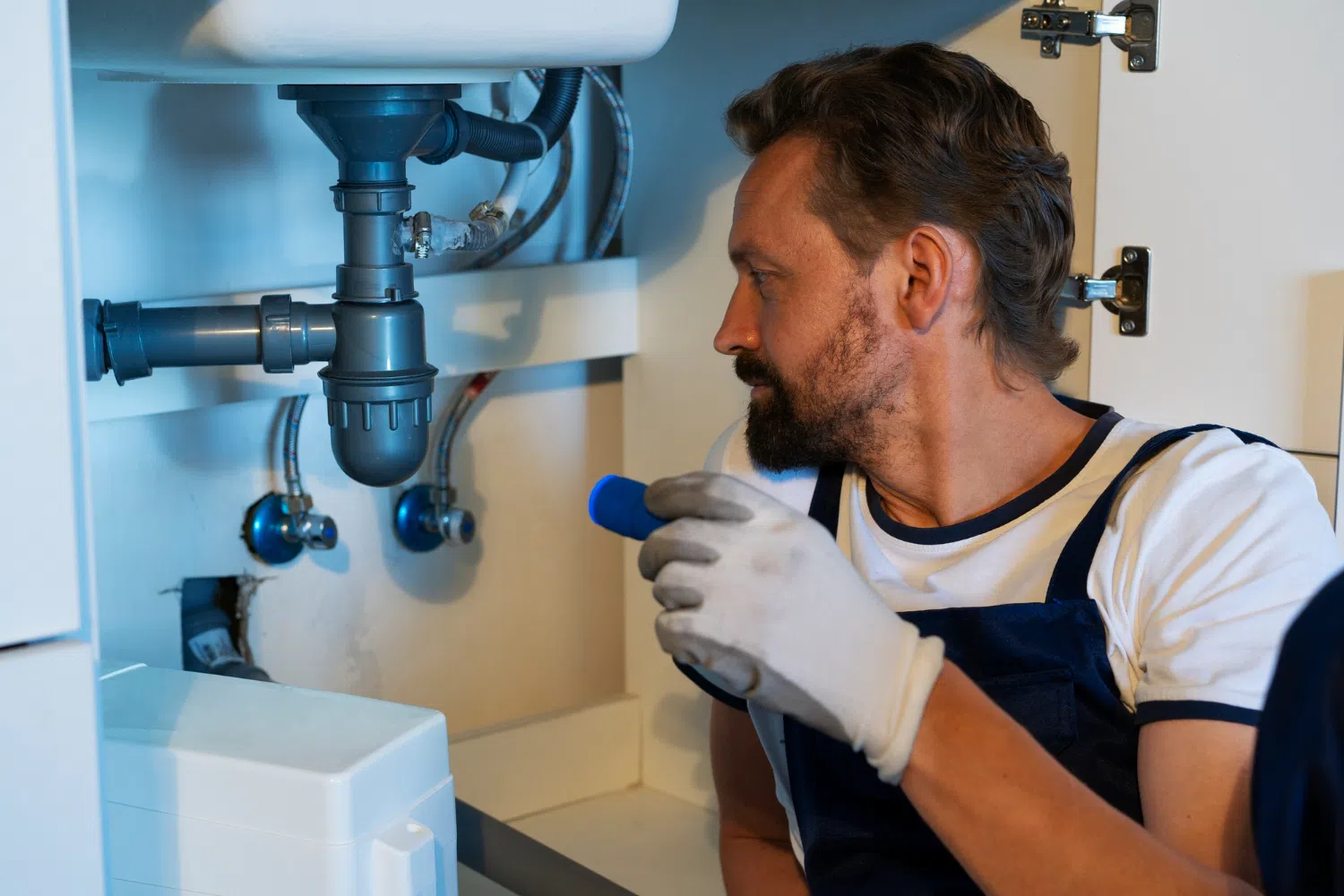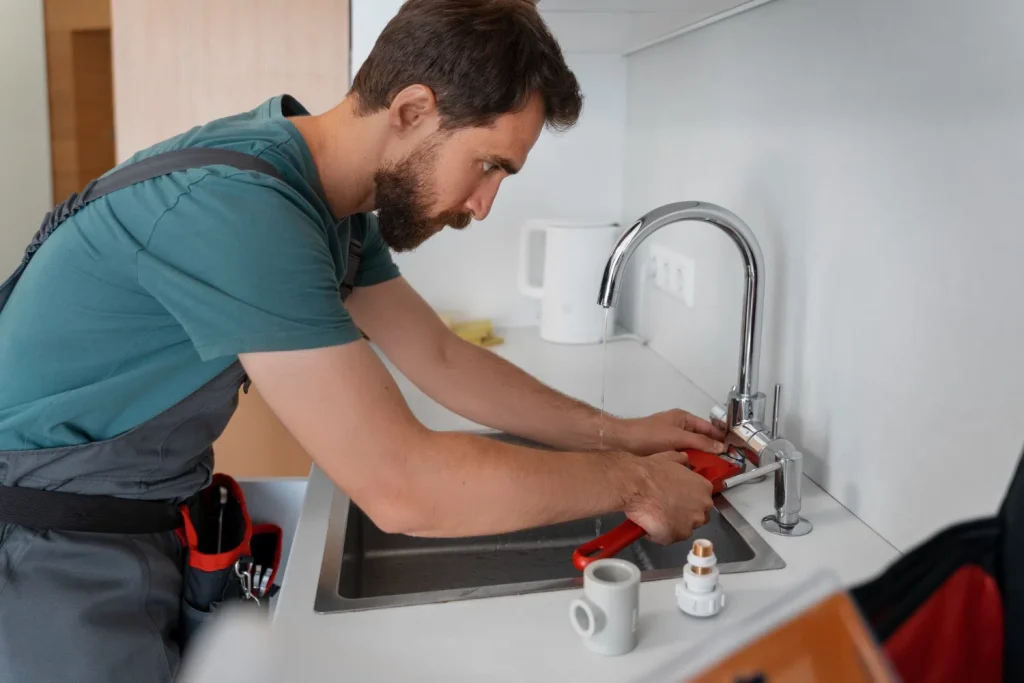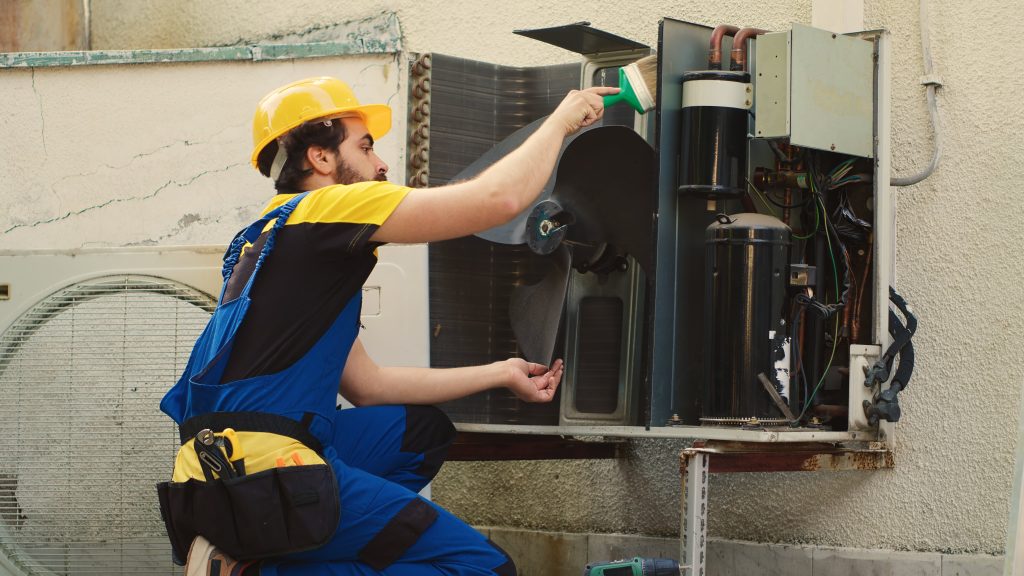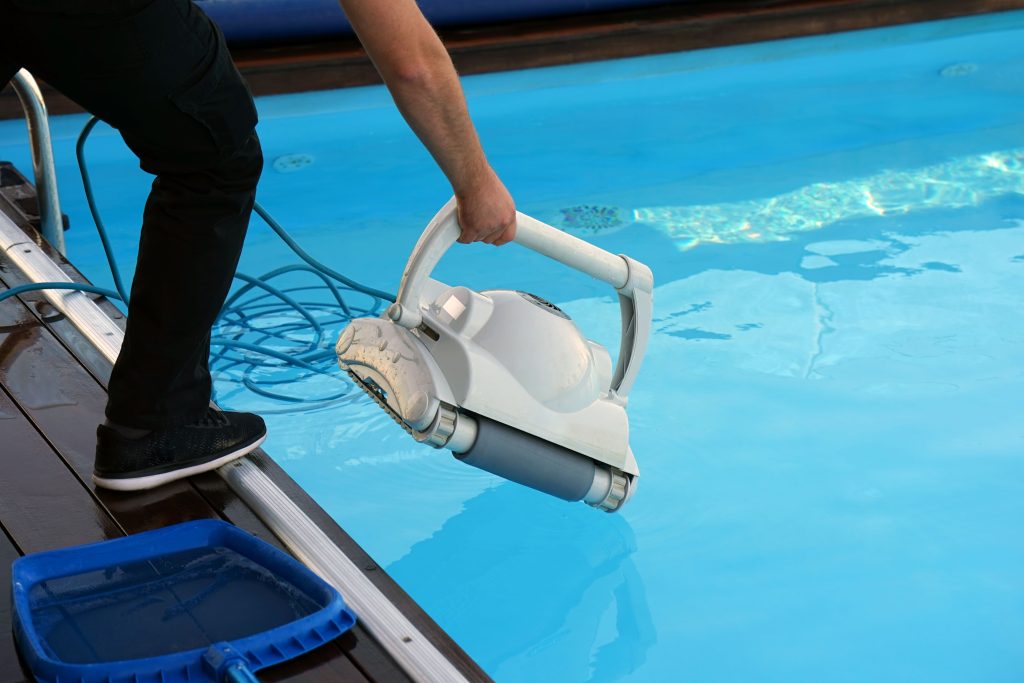Water leaks often start small, a drip here, a damp patch there. But it can quickly turn into serious headaches. Any issue of water leakage becomes an unresolved mystery when you have little or no knowledge.
Searching for a reliable leakage problem solution? The key is timely action and the right approach to leakage repair.
In this guide, you’ll learn:
- What causes leaks
- How to detect them
- The best water leak solutions available, and of course
- How to stop water leakage before it wreaks havoc.
Let’s begin solving the mystery!
Why You Should Never Ignore a Water Leakage Problem
Ignoring a seemingly minor leak can lead to serious issues. Structural damage causes weakened ceilings, walls, and floors. The health hazards result in mould, mildew, and poor indoor air quality.
The fear of rising bills is another headache. Because the water is wasted due to leakage. Plus, the more time you take to identify the lying issue, the bigger the issue will become, which will lead you to hidden costs.
Moreover, you’re on the verge of electrical or safety risks. Leaking water near wiring or the foundation is dangerous. Experts note that leaks from damaged plumbing, poor waterproofing, and aging infrastructure are common.
Common Causes of Water Leakage
Understanding the root cause helps you find the right fix.
- Old or damaged plumbing pipes: Pipe corrosion or cracks lead to hidden leaks.
- Faulty bathroom/kitchen fixtures: Worn seals in taps, showers, or tanks cause persistent dripping.
- Roof issues/gutter blockages: Roof damage or clogged gutters let rainwater enter ceilings or walls.
- Wall cracks / poor waterproofing: Leaks can seep through exterior walls if waterproofing fails.
- Hidden or underground leaks: Sometimes the leak source is deep inside walls or beneath floors – harder to spot but more damaging.
- HVAC or drainage failures: In commercial settings, leaks can start from HVAC condensate lines or poor drainage systems.
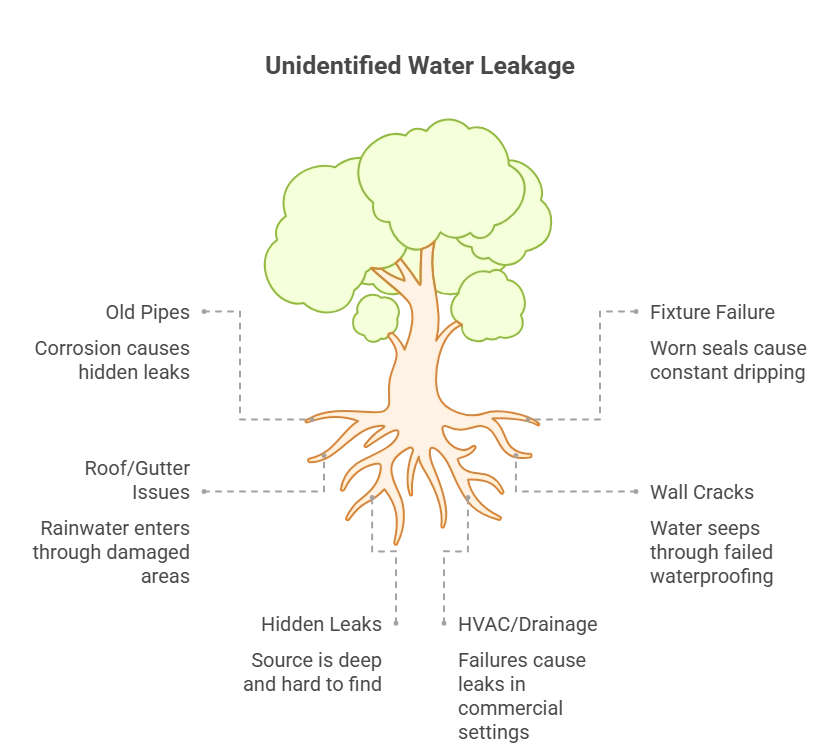
How to Detect a Leak Early
Catching a leak early can save you major trouble later.
- Sudden increase in water bills without increased usage.
- A drop in water pressure or strange sounds of running water when everything is off.
- Damp or sagging ceilings, bubbling paint, mould, or musty smell.
- Warping of wood, separation of materials, or visible rust on pipes.
- Outdoor signs: pooled water around the foundation, soil erosion, or seepage through walls.
Practical Water Leak Solutions: How to Stop Water Leakage
Here are direct fixes and strategies you can use to tackle leaks in different areas of your home.
Ceiling / Roof Leaks
Often caused by damaged waterproof membranes or roof damage.
What to do:
- Locate the source – could be roof tiles, pipe joints above, or membrane failure.
- Seal cracks using waterproof putty, membranes or roof sealants.
- Consider a full roof inspection and repair if damage is extensive.
- Clear gutters and ensure proper drainage.
Wall Leaks
Often from external wall cracks, failed seals, or poor construction.
What to do:
- Scrape off damaged paint/plaster, and let the wall dry fully.
- Repair cracks, apply waterproof coating or sealant.
- Ensure drainage at the base of the wall is good and no water pools beside the building.
- For persistent issues, use a wall-scan or a moisture meter to find the root cause.
Bathroom / Kitchen Leaks
High-risk areas due to constant water use.
What to do:
- Replace worn washers, tighten faucets, and reseal around sinks/tubs.
- Regrout damaged tiles or missing grout.
- Check under sinks for hidden drips.
- Consider installing a water leak detector in critical areas.
Hidden / Underground Leaks
Harder to pinpoint, but crucial to address.
What to do:
- Use leak-detection devices or professional inspection.
- Replace damaged pipe sections and apply waterproof coating on floors if necessary.
- Monitor soil or outdoor areas for unusual dampness.
Water Tank / Storage Leaks
A faulty water tank leads to continuous wastage.
What to do:
- Empty and inspect the tank for cracks or faulty joints.
- Use waterproof epoxy or sealant on small damages; replace if severely corroded.

Preventive Tips to Avoid Future Water Leakage Issues
Preventing is always better than repairing.
- Regularly inspect plumbing, roofing, and walls for early signs.
- Clean gutters and downspouts before rainy seasons.
- Use good-quality waterproofing materials in wet zones.
- Install leak detectors and smart monitors if possible.
- Address even tiny drips promptly – they’re often early warning signs.
- Keep indoor humidity under control to prevent condensation-related leaks.
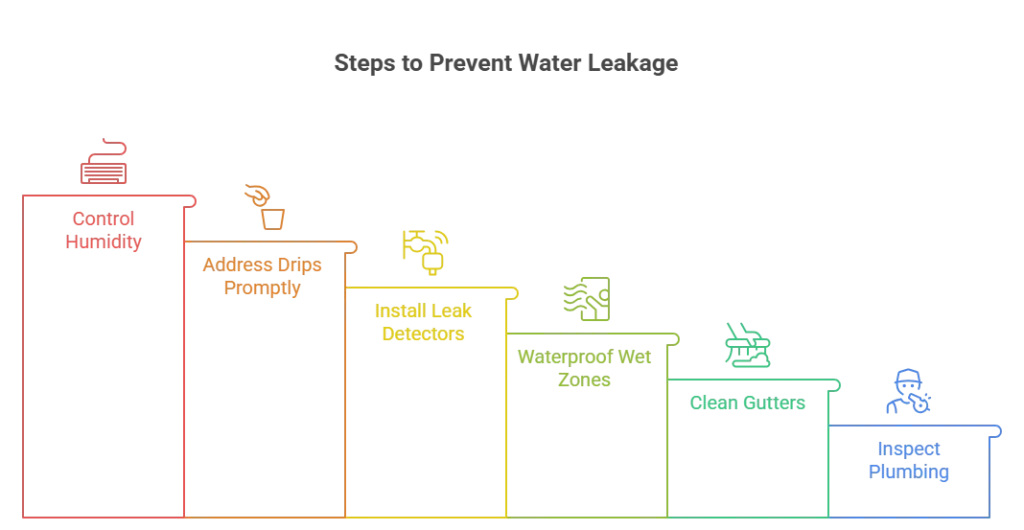
When to Call a Professional for Water Leakage Repair
Some issues are best left to experts.
Call a professional if:
- You suspect hidden leaks behind walls/floors.
- Dampness returns despite repairs.
- Mould keeps coming back, or you smell mustiness.
- You have structural damage or repeated leaks.
Professionals use tools like thermal cameras, moisture meters, and specialists to locate and fix root problems – not just treat symptoms.
FAQs
What Is the Most Common Cause of Water Leakage Today?
The most common causes are ageing plumbing systems and failed waterproofing. The waterproofing can cause damage to walls, roofs, or external structures.
How Quickly Should I Act on A Water Leak?
Act as soon as you notice signs like:
- Damp patches
- Sagging ceilings or
- Rising bills
Remember, early repair saves big.
Can a Small Drip Really Cause Serious Damage?
Yes!
Persistent drips can lead to mould and structural issues. You’ll incur higher costs if left unaddressed.
Are There Modern Technologies to Detect Leaks Early?
Absolutely!
AI-based sensors and leak detection tools are now used to identify leaks. You can detect it now before damage escalates.
What’s the Difference Between Waterproofing and Fixing a Leak?
Fixing a leak deals with the immediate source, like
- Pipe
- Joint
- Crack
Waterproofing prevents future water ingress by coating surfaces.
To Sum Up!
Dealing with a water leakage problem? It doesn’t have to be your headache. You can protect your property and your peace of mind. The need is to follow the right approach. But what would be that approach? Quick detection, proper repair, and preventive upkeep are the key measures. Consider them before the time escalates.
Remember: choose the correct water leakage solution. You have to act promptly on water leak repair to stay ahead of issues with maintenance.
Keep your home dry, safe, and strong for years to come by staying vigilant. Rely on using the thoughtful strategies that we’ve shared in this blog. This way, you’ll know exactly how to stop water leakage timely manner!
Need more help? Why not get in touch with Connect FM today? We’re the experts in this field. Come to us with any problem of water leakage and we’ll fix it in the blink of an eye.

